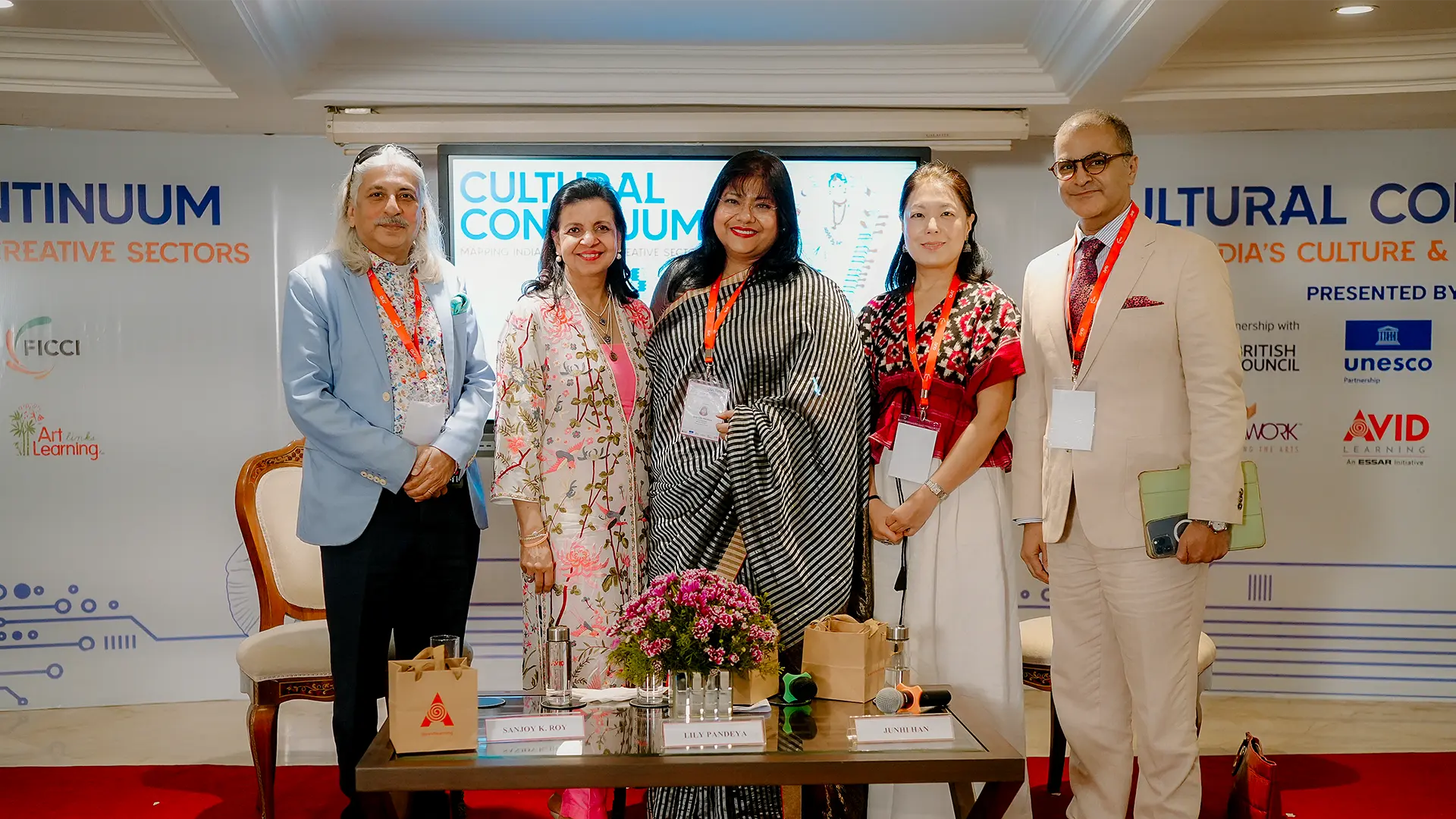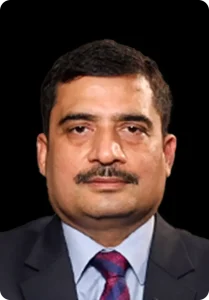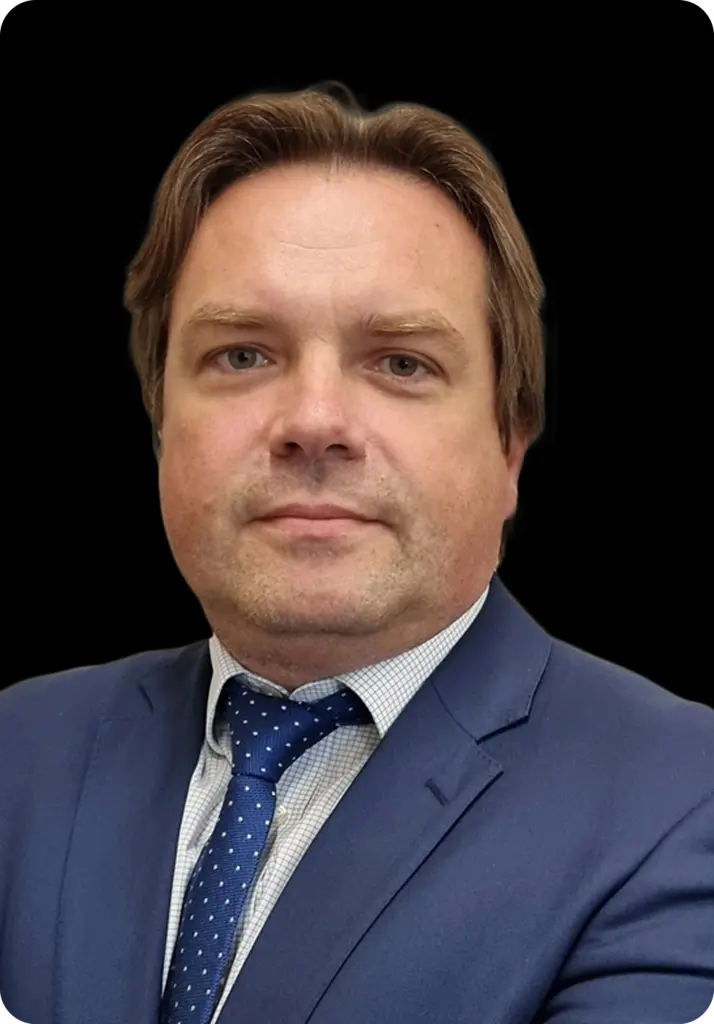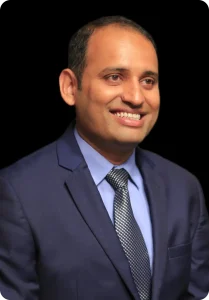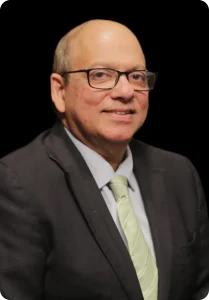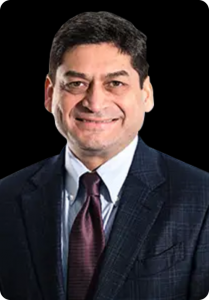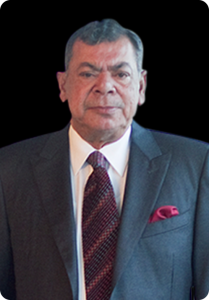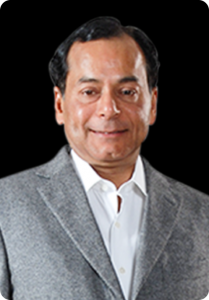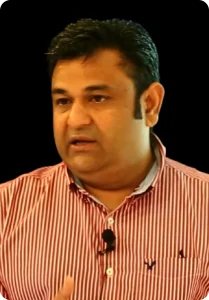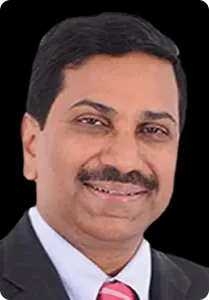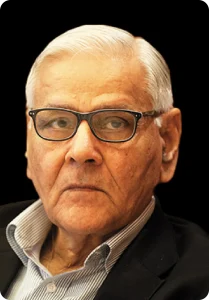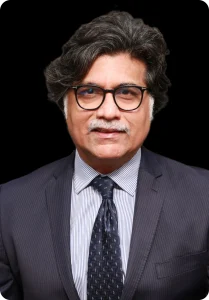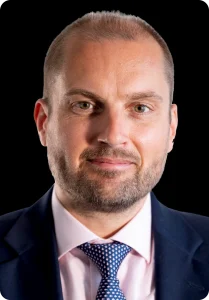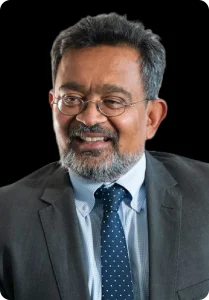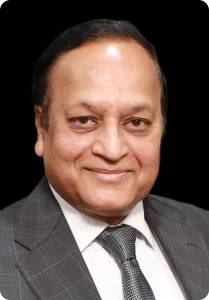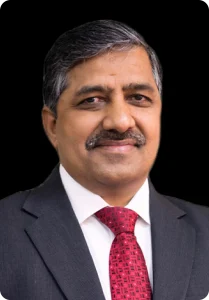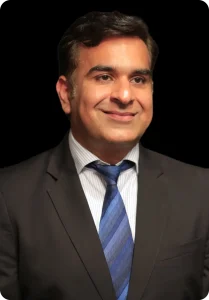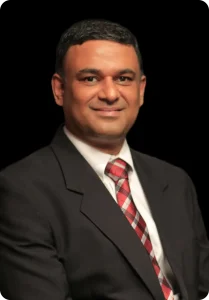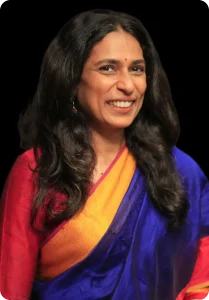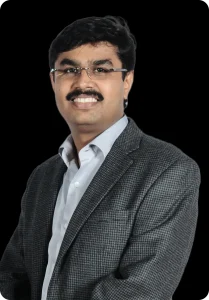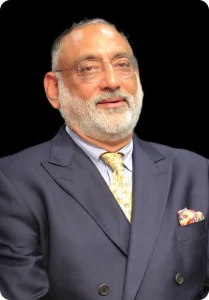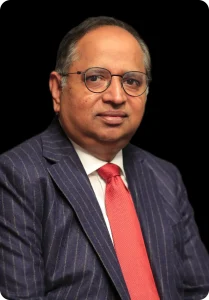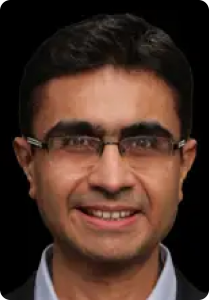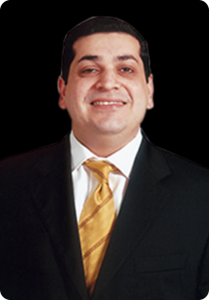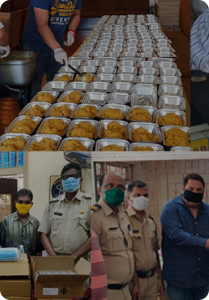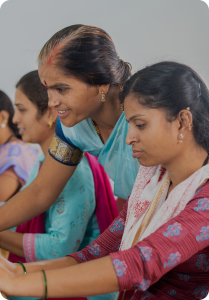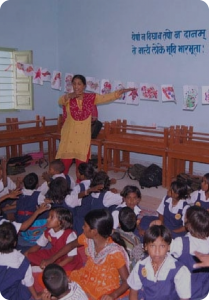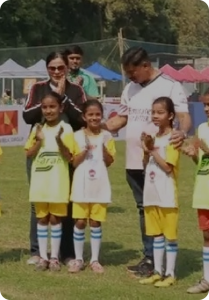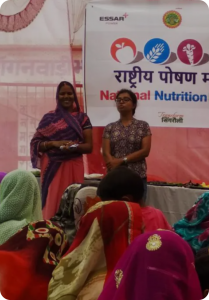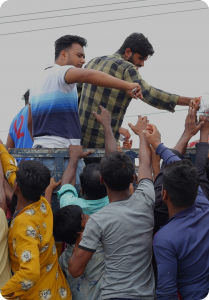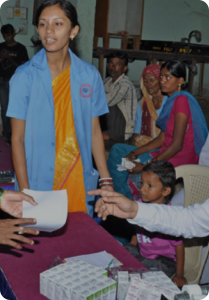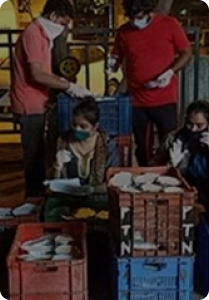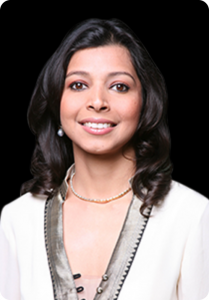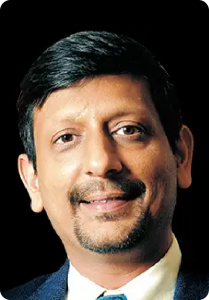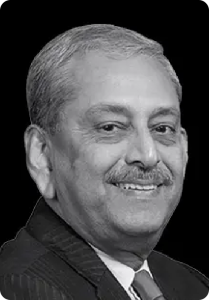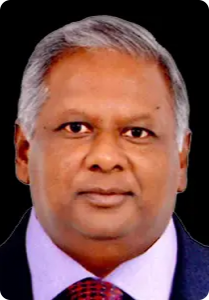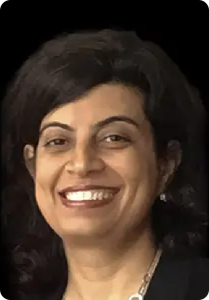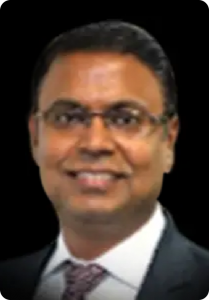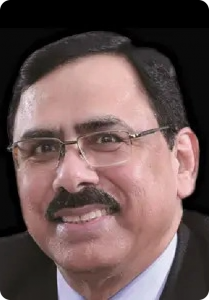On August 24, 2024, Avid Learning proudly presented its 9th collaborative program with FICCI’s Tourism and Culture Committee. Over the years, this symposium has served as a cornerstone in advancing discussions and shaping the future of India’s cultural and creative sectors, bringing together the finest representatives from arts, culture, and heritage. This year’s theme, “Cultural Continuum: Mapping India’s Culture and Creative Sectors,” underscores our unwavering commitment to fostering dialogue around these vibrant industries. This symposium, part of a four-city series that began in Kochi in July 2024, will continue in Bangalore in October and culminate with the National Conference in New Delhi in November.
The full-day symposium began with the convenor SVP, Essar Group, CEO, Avid Learning, Curator, Royal Opera House, Mumbai & Member of FICCI Tourism & Culture Committee Asad Lalljee, welcoming the distinguished stakeholders and guests.
Mr. Lalljee stressed on Avid Learning’s continuous support to young budding artists and thanked the group ‘Apun ka club’ for the national anthem and the welcome song, along with Ms. Hansaben Dave, recipient of the Gujarat Gaurav Puraskar. A special thank you was directed towards project directors Arti Vakil and Sheetal Mehta for their leadership and dedication towards these children.
His welcome address gave insights into the origins of the creative economy and its increasing role in the global economy. He stressed that the economics of arts as a distinct discipline started in 1968 with the idea of creative economy. But it was only in 2001 that the term ‘creative economy’ became popular with John Howkins’ book ‘Creative Economy: How people make money from ideas’.
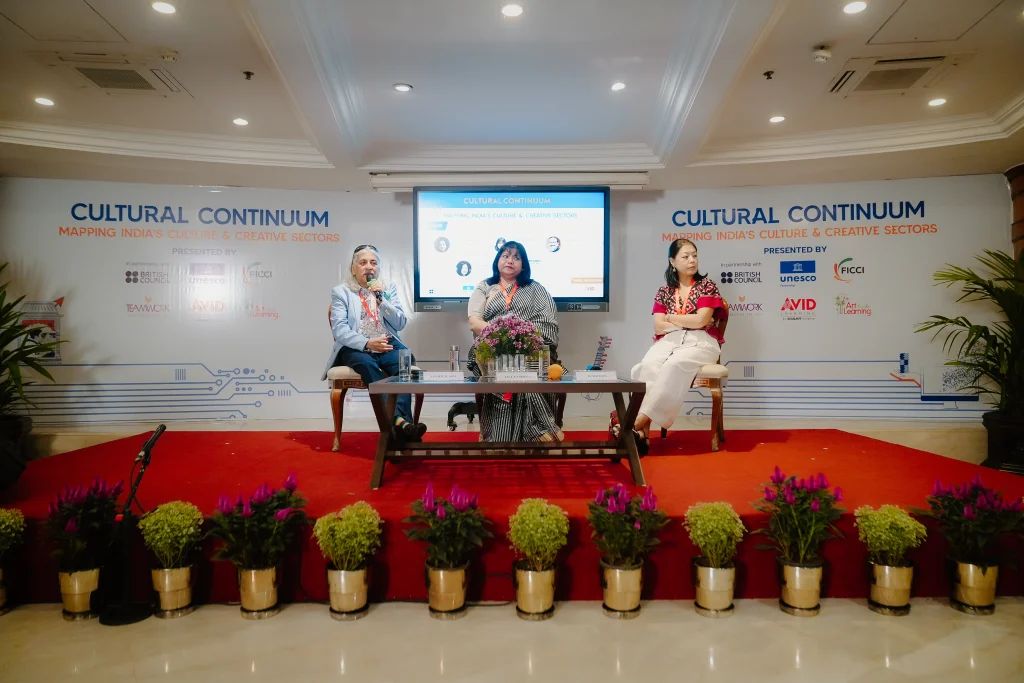
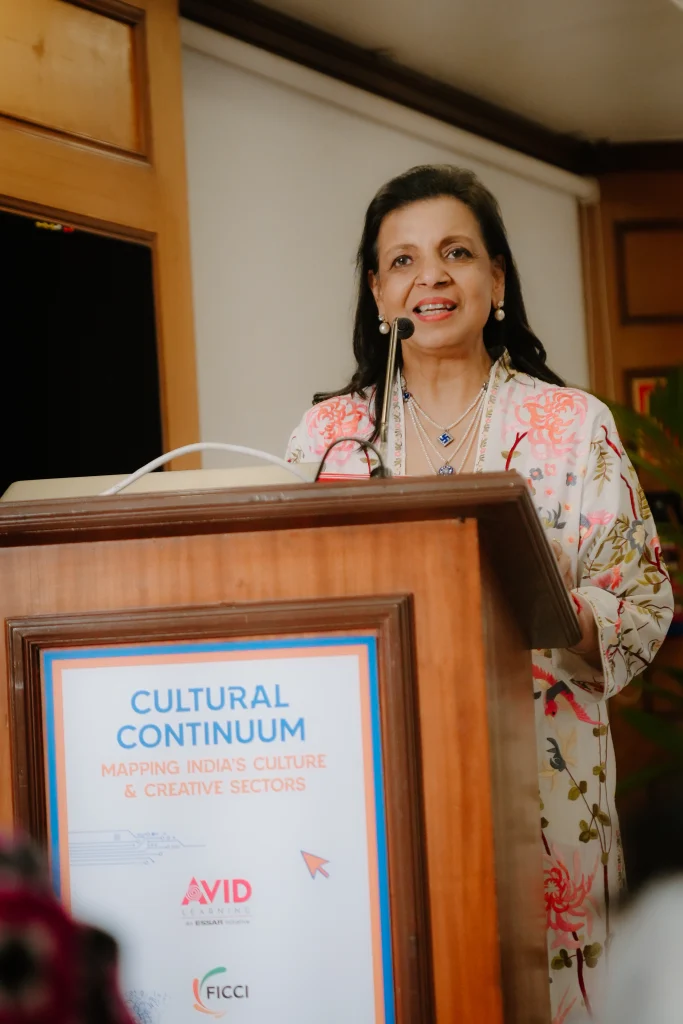
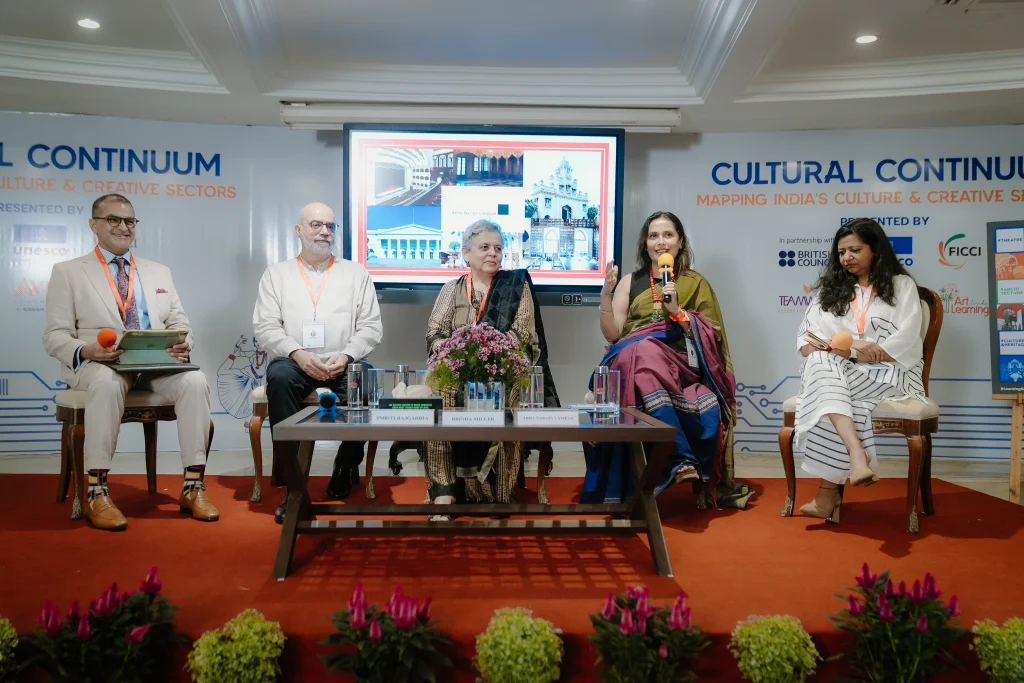
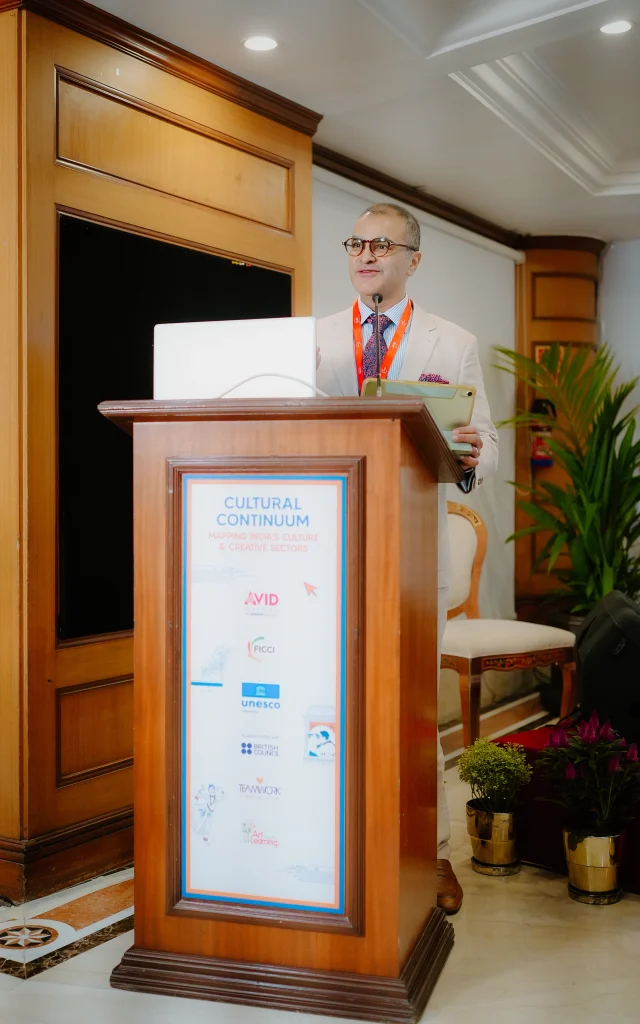
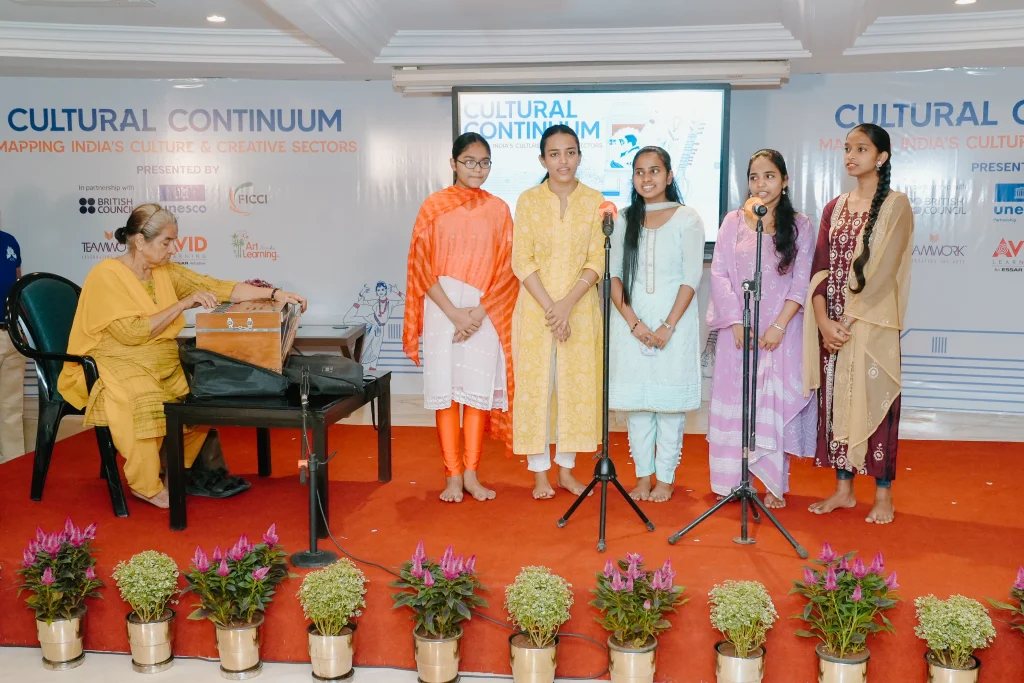
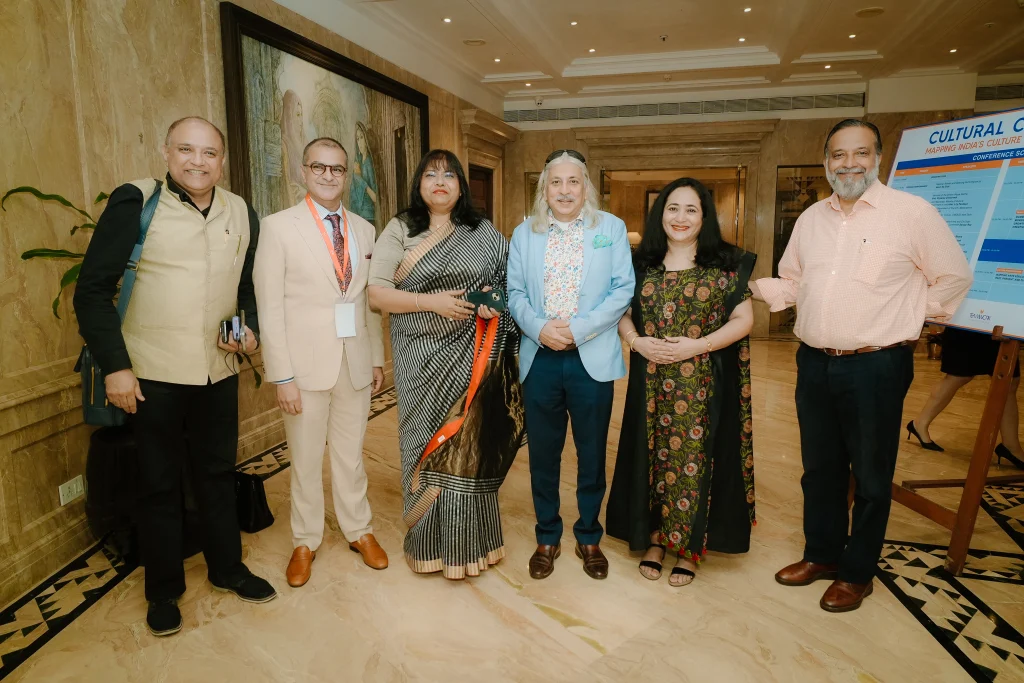
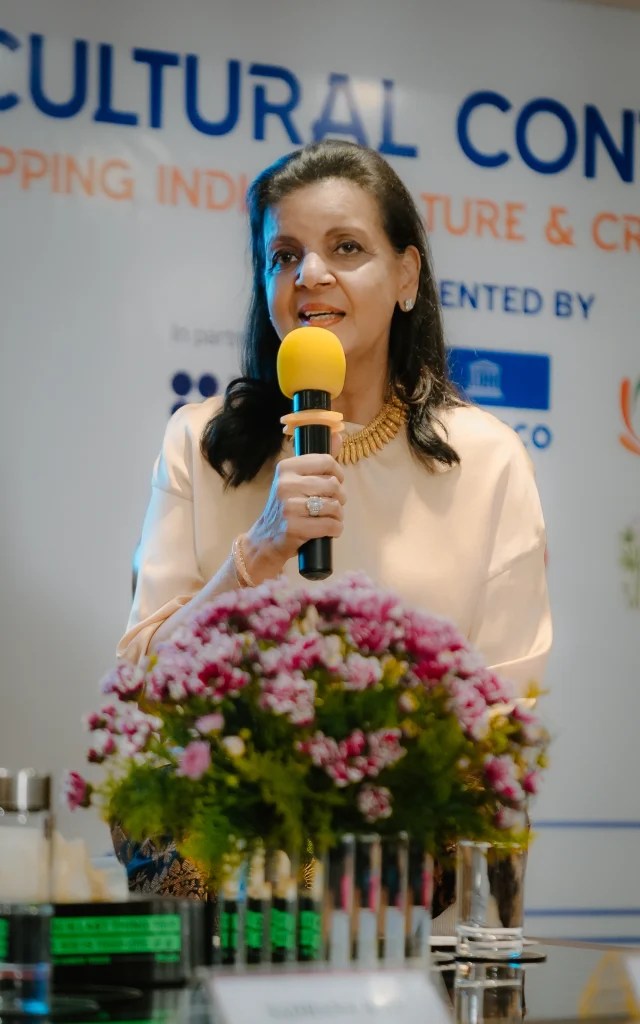
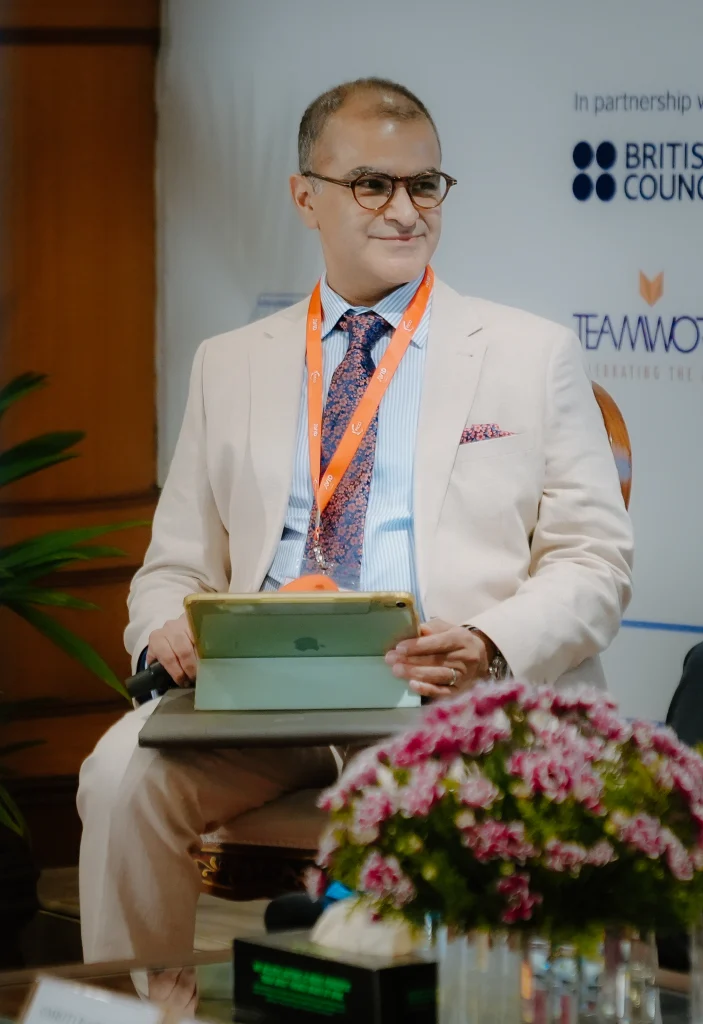
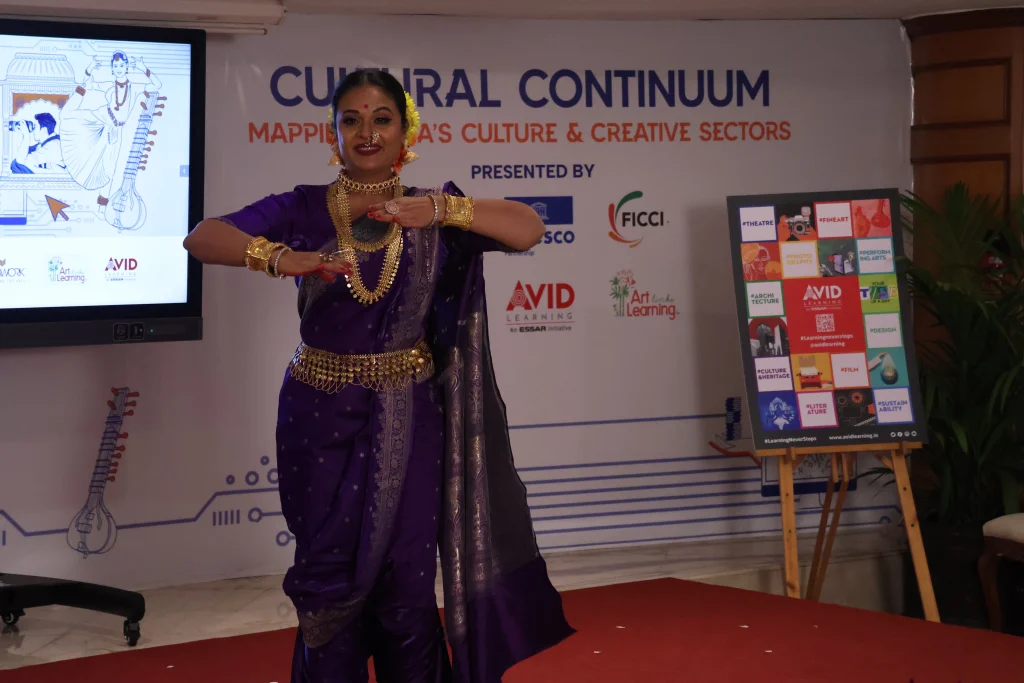
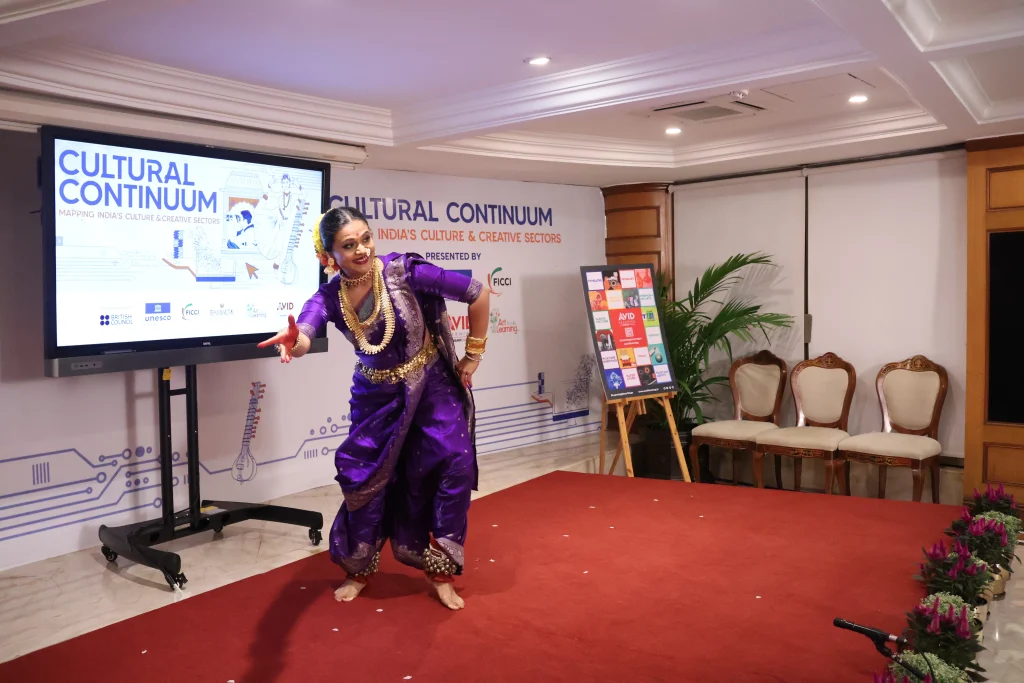
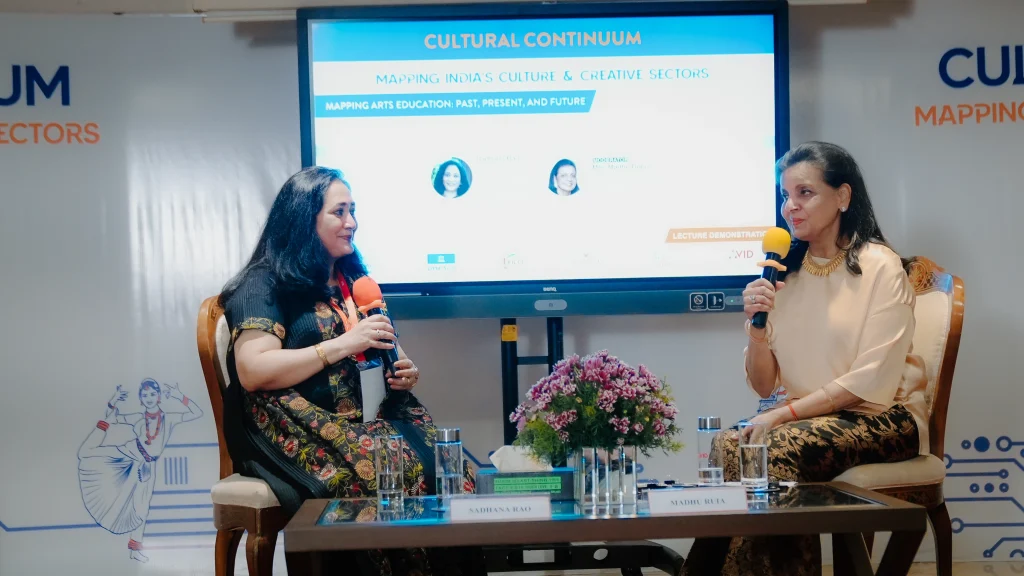
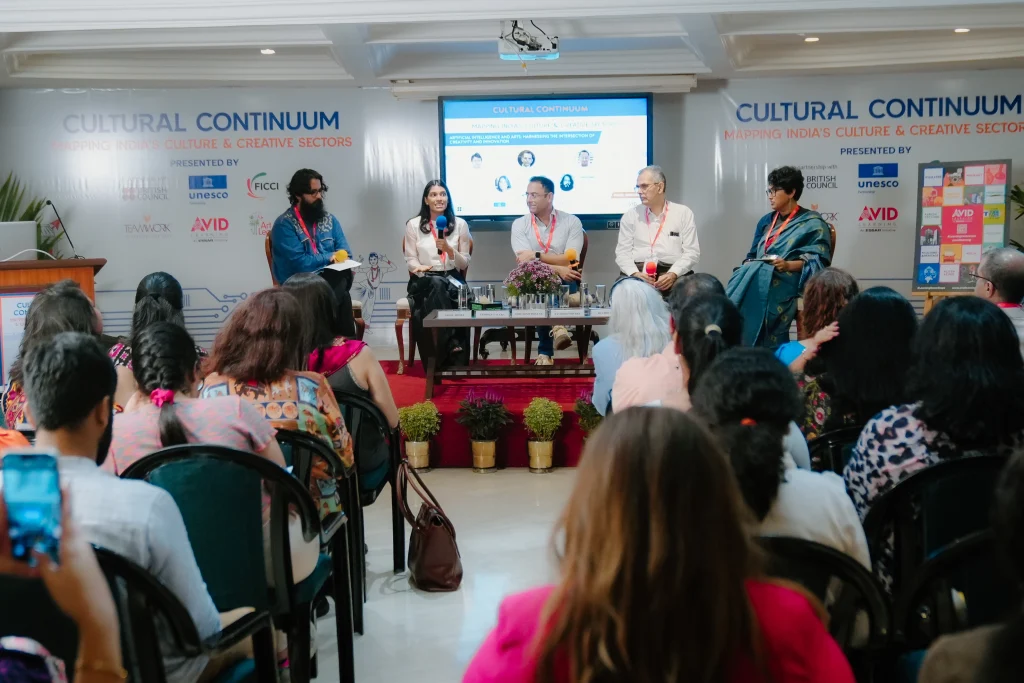
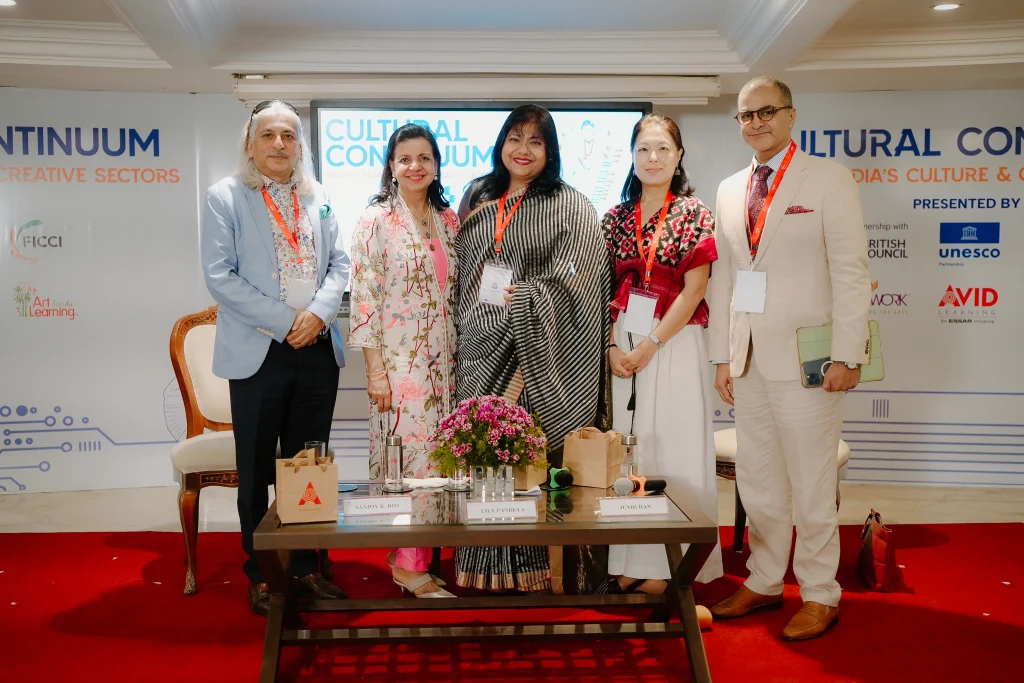
Founder and Chairperson, Avid Learning Mrs. Ruia began her speech by reiterating her long held belief, and the motto of Avid Learning – Learning never stops. She observed how the ever increasing Indian diaspora’s role in making Indian culture omnipresent. She welcomed everyone on behalf of Ruia Family and Essar Family and stressed that the symposium will be a culmination of – what was, what is and what can be with regards to the creative sector in India.
Mr. Asad through his introductory speech for the first session built a background for the ever increasing role of creative economy by presenting the statistical data from the United Nations Conference on Trade and Development Report- Creative Economy Outlook, 2024.He emphasized on the role of creative economy in developing countries who have increased their share to the sector from 10% in 2010 to 20% in 2022. He reminded the audience that through creative collaboration and shaping effective policies that have the potential to drive global change.
The first panel discussion in the form of ‘Keynotes’ session was moderated by Managing Director, Teamwork Arts & Co-Chair, FICCI Tourism and Culture Committee Sanjay K. Roy. Mr. Roy opined that Mrs. Ruia’s and Essar Group’s initiatives of hosting symposiums set an example of corporate engagement in culture. Avid Learning and Essar Group he believed showcases why and how corporate involvement and support for policy discussion in culture through such symposiums are crucial. Such events drive the conversations around the need for policy in the cultural sector.
First speaker Joint Secretary, Ministry of Culture, Government of India, Smt. Lily Pandeya provided the details on the National Cultural Economy Policy which is currently underway at the Ministry of Culture, for bringing out a holistic cultural policy for the creative sector in the country. Smt. Pandeya explained the eight components of the policy – Creation of Cultural Satellite Account, Creating an enabling ecosystem for culture start-ups, Mapping of cultural clusters, Protection to creative practitioners, Promoting E-Commerce in the creative sector, Creation of demand for goods and services, Developing professional who manage creative economy chains, and Developing a Communication and branding model. These provided a solid ground for understanding the Ministry of Culture’s perspective in engaging with the creative economy.
The second speaker, Chief of Sector for Culture, UNESCO New Delhi Junhi Han, began the speech by stating that World Heritage is UNESCO’s biggest flagship project. But not many truly know what a world heritage is and what its significance is. Ms. Han observed that the notion of World Heritage is crucial, because once it is designated as world heritage, the world heritage committee acknowledges the designated site as something that deserves to be protected not only at a national level but internationally, because the site’s importance goes beyond the national border.
The first panel discussion ‘Creative Spectrum: Festivals as Catalysts for Cultural Economies’, was moderated by SVP, Essar Group, CEO, Avid Learning, Curator, Royal Opera House, Mumbai & Member of FICCI Tourism & Culture Committee Asad Lalljee. It was an engrossing discussion with Festival Director, Jodhpur RIFF Divya Bhatia; Conservation Architect Abha Narain Lambah; Fine Artist and Honorary Chairperson, Kala Ghoda Association Ms. Brinda Miller; and Director, Serendipity Arts Foundation Smriti Rajgarhia. The discussion brought to the forefront the nuances of cultural festivals and their dynamic role in providing platforms for creative practitioners, ultimately driving the creative economy. It brought out some major aspects of cultural festivals as catalyst for cultural economies namely – a continued support for the local artists, the urban regeneration of the host city, the role of local citizens and an increase in livelihood and tourism, the role of technology in architectural restoration project, and the crucial role of collaboration with both domestic and international institutions.
The second panel ‘Artificial Intelligence and Arts: Harnessing The Intersection of Creativity And Innovation’, was moderated by Founder, Method Gallery Sahil Arora with Director Arts in India, British Council Ruchira Das; Independent Legal Counsel and Founder, International Legal Alliance Jamshed Mistry; Music composer, Producer and Founder, True School of Music Ashutosh Phatak and Founder Director, TIFA Studio Trishla Talera. It was an engaging conversation that brought to the forefront the inevitably of AI in Arts and the need for policy to be crafted in a robust fashion that intersects with AI and arts, and provide a legal framework on other aspects that come with it. It also brought in perspectives on ownership and creator’s rights in the age of AI, along with copyright acts and the role of community and audience at large in safeguarding the art and the artists.
The third panel discussion ‘Mumbai, Media, And Movies: Catalyzing Growth in India’s Creative Ecosystem’, was moderated by ManagingDirector, Teamwork Arts & Co-Chair, FICCI Tourism & Culture Committee Sanjoy K. Roy in conversation with Partner and Co-founder, Tulsea Datta Dave; Artistic Director, MAMI Mumbai Film Festival Deepti Dcunha; Founder-Director, Wizcraft International Entertainment Pvt Ltd Sabbas Joseph; Group CEO, CS Direkt and Member FICCI Tourism and Culture Committee Sanjeev Pasricha; and Film Curator, Script Lab Mentor, Critic, and Journalist Meenakshi Shedde, as the distinct panelist. It was a captivating discussion that presented the diverse ways of understanding the visual arts and the popularity of Indian cinema around the world. The discussion acknowledged cinema as one of India’s greatest soft power with the potential to drive change. It also dived into the changing role of museums thanks to AI and its role in curating nuanced understanding in the form of museum learnings for diverse audiences.
The last session ‘Mapping Arts Education: Past, Present, And Future’, began with a presentation by Co-founder, Arts links learning and Member, FICCI Tourism and Culture Committee Sadhana Rao, and proceeded into a conversation between Ms. Rao and Founder and Chairperson, Avid Learning Mrs. Madhu Ruia. The session provided a detailed understanding around the concept of pedagogy and curriculum and the vital role of arts education in the overall development of human potential. It highlighted the role of pedagogy in early and late childhood learning as well as the role of music in providing newer ways of grasping STEM knowledge.

